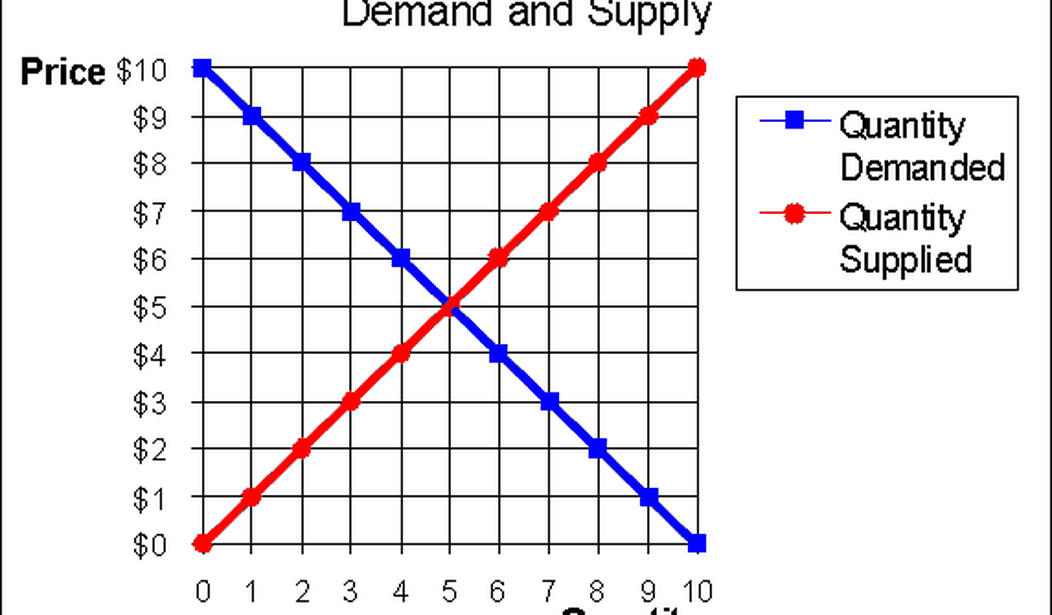Kate Vershov Downing didn’t just resign from the Planning and Transportation Commission of Palo Alto, CA. No, she did it publicly, noting that she and her husband were moving out of the area.
Along the way — while pointing out problems with insufficient housing in the Bay Area community — Downing may have shown the flaw in central planning schemes so much in favor with the American Left:
After many years of trying to make it work in Palo Alto, my husband and I cannot see a way to stay in Palo Alto and raise a family here. We rent our current home with another couple for $6200 a month; if we wanted to buy the same home and share it with children and not roommates, it would cost $2.7M and our monthly payment would be $12,177 a month in mortgage, taxes, and insurance. That’s $146,127 per year — an entire professional’s income before taxes. This is unaffordable even for an attorney and a software engineer.
Downing claims the reason housing is so expensive is because of a shortage of homes compared to the number of jobs available. That makes sense. After all, scarcity coupled with demand drives prices up. The Law of Supply and Demand is a thing, after all.
As part of the city’s Planning and Transportation Commission, Downing states she worked to combat the issue with numerous proposals that would permit additional housing.
If Palo Alto had chosen to explore some of these possibilities, the increase in available housing would have driven down housing prices.
Downing wasn’t the only one to see it either:
Time and again, I’ve seen dozens of people come to both Commission meetings and Council meetings asking Council to make housing its top priority. The City Council received over 1000 signatures from Palo Alto residents asking for the same.
This illustrates the problem with central planning rather well.
A handful of elites, be they elected or not, have decided to make something a priority despite the public disagreeing. In a free market, people would be doing whatever they could to meet the demand. Not because of any altruistic motivations, but because the market demanded it.
Palo Alto has apparently done an admirable job in bringing in new employment opportunities, but the existence of rules that prevent additional housing will have an adverse effect on housing costs. This isn’t rocket science.
So why would a community resist increasing the amount of housing when there’s apparently a shortage? Does it really matter?
What matters to the people of Palo Alto is that they are paying an insane amount for rent or mortgages, and the government isn’t just failing to help, but has rules in place that actively prevent the free market from taking care of the issue.
Tell me again why central planning is a good idea? Ever?








Join the conversation as a VIP Member